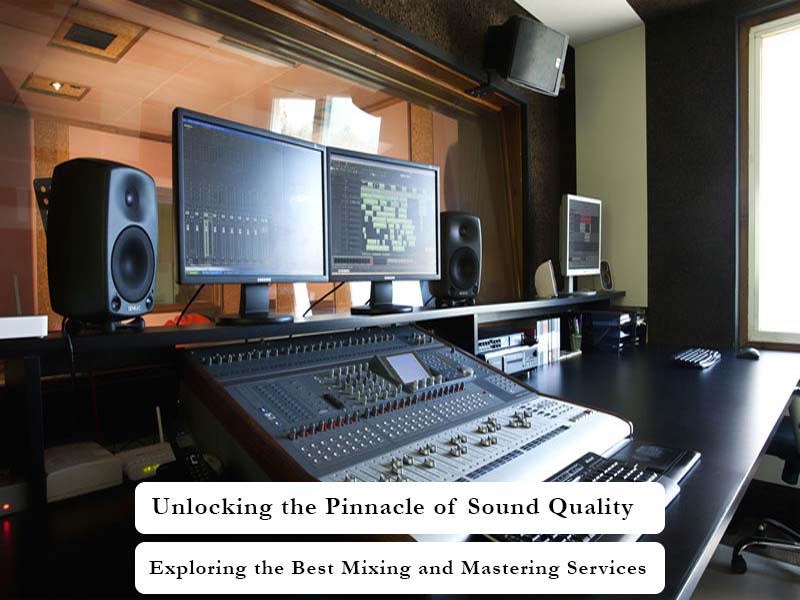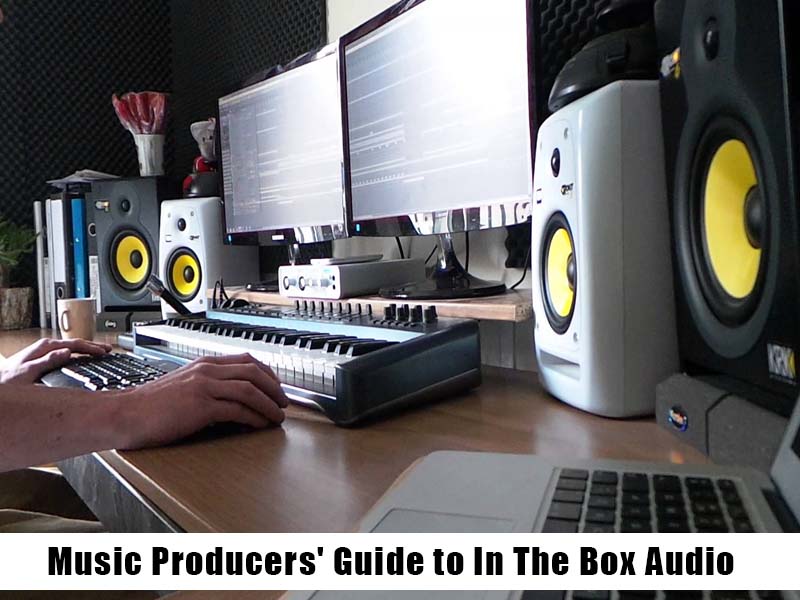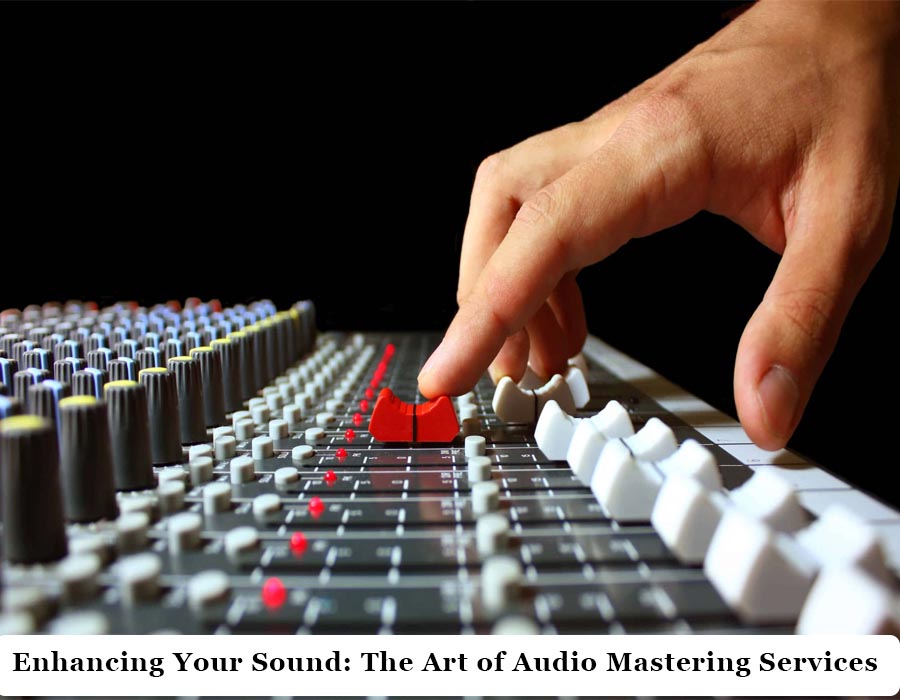
In the ever-evolving world of music production, getting a polished and professional sound has become essential. Through the mixing and mastering processes, unfinished recordings are converted into audibly pleasing pieces of art. As they looked through the numerous options available for the best mixing and mastering service, music enthusiasts came upon the world of “Mastering Box” and its revolutionary audio mastering technology.
In the digital age, when we have access to a wide range of music production tools, the ability of mixing and mastering is what distinguishes amateur from professional-quality sound. These intricate processes entail balancing, amplifying acoustic elements, and ensuring that the audio spectrum is homogenous while also fine-tuning individual files. When individuals are looking for these services at their best, the term “Mastering Box” has grown in popularity.
Understanding Mixing and Mastering
Before diving into the cutting-edge “Mastering Box” and its audio mastering process, let’s first get a thorough understanding of mixing and mastering.
Mixing: The first stage in integrating various songs to create a coherent, pleasant sound is mixing. To make sure they complement one another, panning, equalization, volume levels, and effects are all carefully adjusted.
Mastering: After mixing, mastering takes the audio to the next level. It include creating the mix, refining its acoustic characteristics, and getting it ready for distribution. Throughout all playback devices, this stage ensures that the audio is compelling and constant.
Mastering Box: A Paradigm Shift in Audio Mastering Processing
Mastering Box is a pioneer in the new age of audio mastering processing. The mastering procedure is improved with the help of contemporary technology, which also satisfies the requirements of both seasoned experts and aspiring musicians. Now let’s look into what makes Mastering Box unique:
Truthfulness and Reliability: The spectrum qualities of the audio are examined using sophisticated algorithms by Mastering Box, which also identifies problem regions. The consequence of this precise and reliable mastering process is an increase in clarity, depth, and general quality.
Tailored Sound: Mastering Box has programmable presets that let you shape your audio in accordance with your artistic vision, whether you’re striving for a sharp modern sound or a soft analogue ambiance.
AI-Driven Enhancement: Mastering Box adapts to the unique features of your audio by applying artificial intelligence. Your song’s soul is kept intact while sophisticated flaw detection and correction is performed.
User-friendly layout: Despite its strong capabilities, Mastering Box has a simple layout that makes the mastering process accessible to musicians and producers of all skill levels.
Choosing the Best Mixing and Mastering Service
Choosing the best mixing and mastering service is a crucial decision for every artist or producer. Here are some ideas to consider:
Experience and standing: Look into the service provider’s reputation and pay attention to work samples. Their solid portfolio serves as proof of their skill and ability to deliver the desired results.
Client evaluations: Read testimonials and reviews left by previous customers to get a sense of how satisfied people are with the service and how good it is.
Technical Expertise: Verify that the service provider use state-of-the-art tools and techniques to provide the best audio quality possible.
Collaboration and communication: A top-notch service provider maintains open channels of communication and works closely with you to fully grasp your demands and goals.
The importance of mixing and mastering in the field of music production, where sound brilliance is the ultimate objective, cannot be overstated. The possibilities for producing professional-caliber sound have been completely redefined with the introduction of Mastering Box and its groundbreaking audio mastering technology. Remember that the confluence of art and technology holds the key to releasing the full potential of your song as you search for the best mixing and mastering service.






